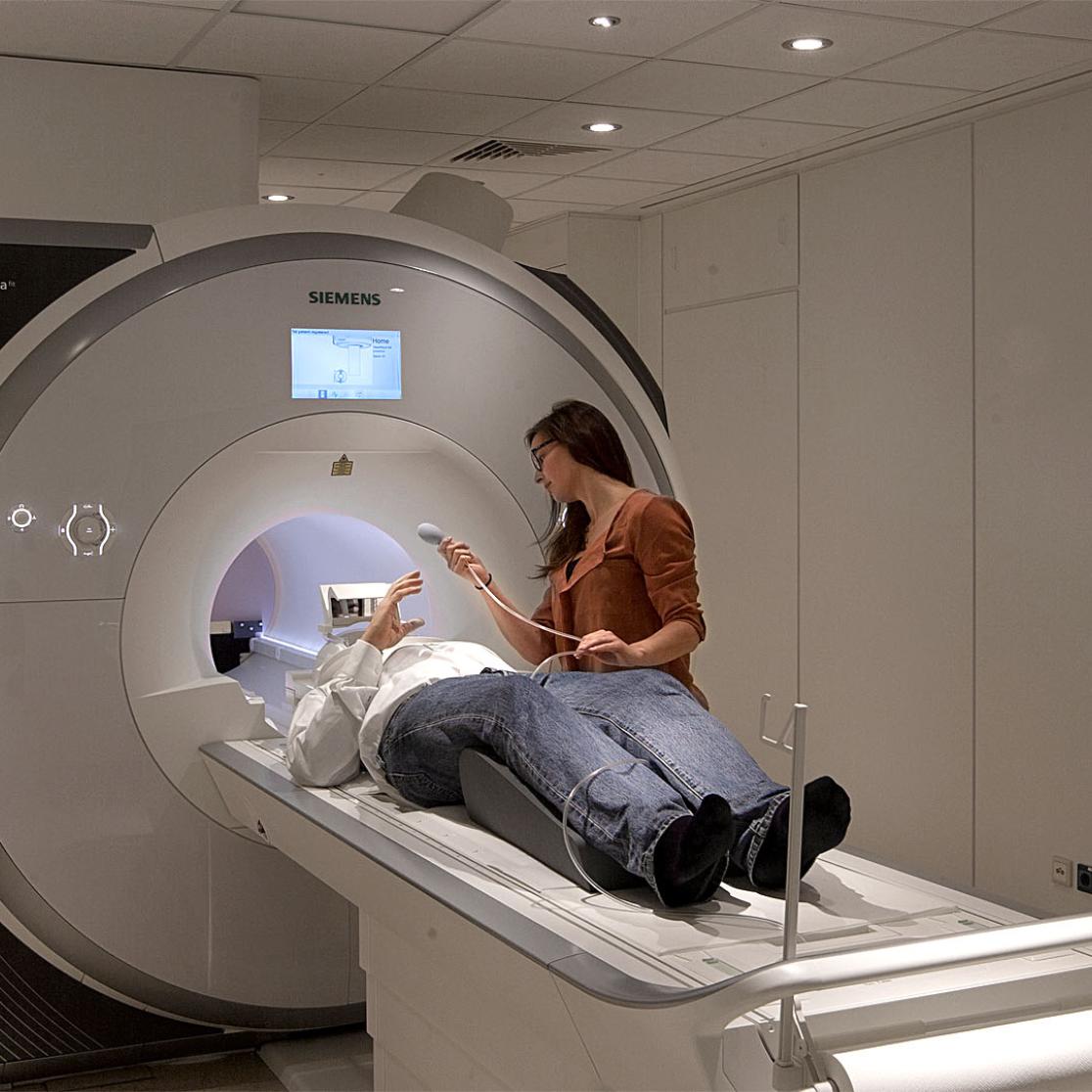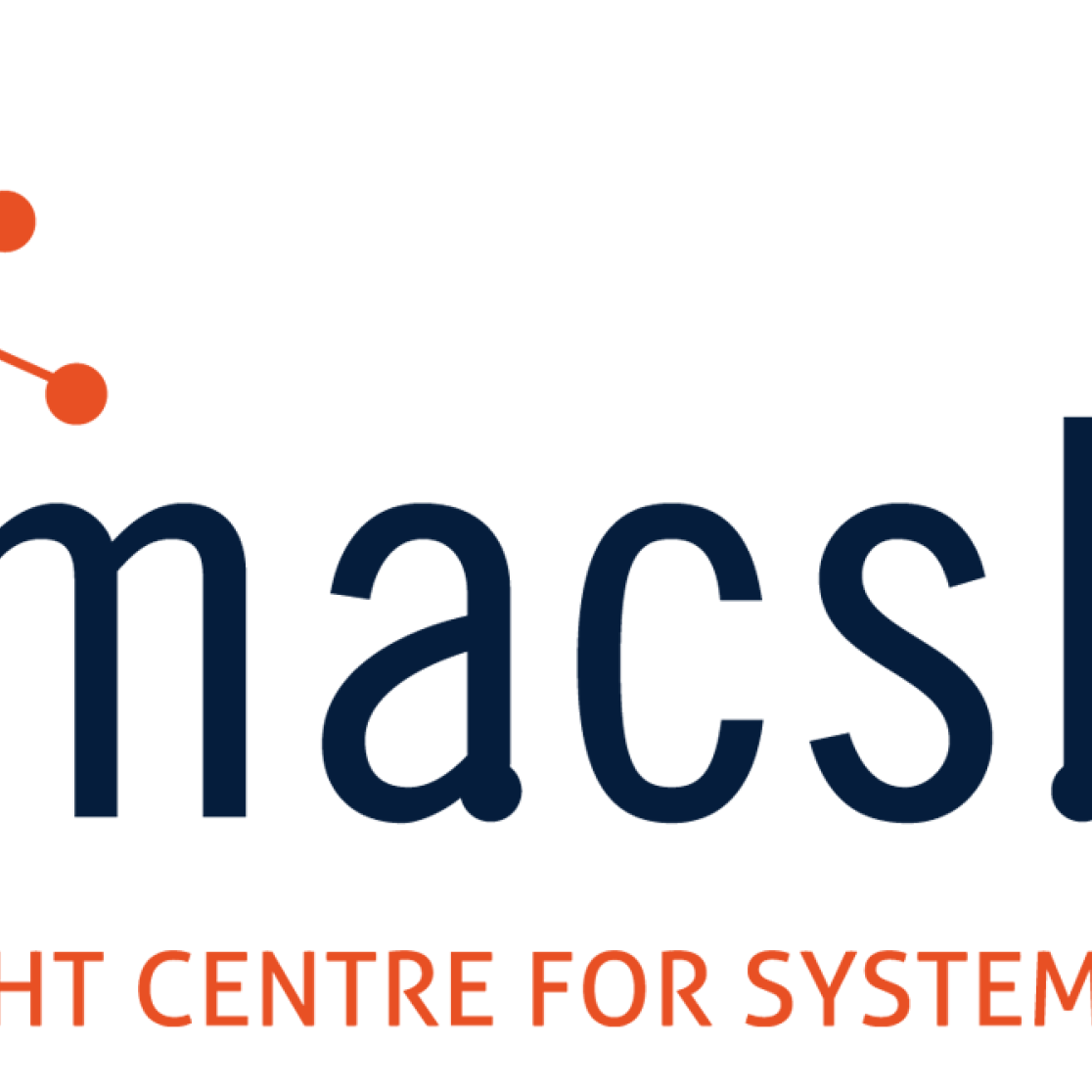Research group headed by Elia Formisano reveals the human brain computations underlying real-life listening
The sounds we encounter in everyday life are complex and various. How the human brain analyses their acoustics remains largely unknown. A new study published in this week’s issue of PNAS and conducted by UM researchers at the Maastricht Brain Imaging Center (MBIC, FPN) and at the Maastricht Centre for Systems Biology (MaCSBio) shows that mathematical modelling in combination with high spatial resolution functional magnetic resonance imaging (fMRI) enables reverse engineering of the human brain computations underlying real-life listening.
The researchers investigated real-life listening by measuring with fMRI the brain’s responses to many sounds, including speech, music, and sounds from the environment. Through mathematical modeling and machine learning, researchers were able to reconstruct what a participant heard from his or her brain responses. This successful brain-based reconstruction of sounds indicates that the employed mathematical models simulate well the actual brain computations and thus they can be used to understand and predict brain functioning.
An important result was that the sound components and frequencies in the range relevant for the analysis of voice and speech were reconstructed more faithfully than other sound components. This finding shows that even general auditory processing mechanisms in the human brain are optimized for the fine-grained analysis of the sounds - such as speech and voices – which are most relevant to human behavior. This may reflect the evolutionary feat that, for humans, discriminating between speech and voices is more important than distinguishing between barking dogs.
This research has also relevant implications beyond neuroscience, as a detailed understanding of the brain mechanisms for sound analysis will help developing novel and optimized algorithms and devices for automated sound analysis and artificial hearing.
About MBIC
The Maastricht Brain Imaging Center (MBIC) is a research center founded by the Faculty of Psychology and Neurosciences (FPN) of Maastricht University. It coordinates the brain imaging research of FPN members conducted using the MR imaging facilities of Scannexus.
The research core of MBIC is formed by members of the Department of Cognitive Neuroscience.
About MaCSBio
The Maastricht Centre for Systems Biology (MaCSBio) is a joint initiative of the Faculty of Psychology & Neuroscience (FPN), Faculty of Health, Medicine & Life Sciences (FHML) and Faculty of Humanities and Sciences (FHS).
The centre’s primary aim is to facilitate the integration of biological data coming from several empirical domains using mathematical multi-scale modelling approaches.
Relevant links
Also read
-
Hospital plastic gets a second life: €3 million grant opens door to greater circularity in healthcare
What began as a local pilot in the operating theatres of Zuyderland Medical Centre has now grown into a European initiative with global potential. The mission: to stop burning clean plastic in hospital waste and instead recycle it into high-quality materials for reuse in medical applications.

-
ETpathfinder Smart Skills Lab shares Einstein Telescope knowledge with businesses
Research into the Einstein Telescope is generating valuable technological expertise. The new ETpathfinder Smart Skills Lab at Maastricht University aims to spread this new knowledge to small and medium-sized enterprises.

-
Céline Nicole strengthens collaboration between Maastricht University and HAS green academy in high-tech horticulture
UM and HAS collaboration takes shape: Céline Nicole bridges fundamental and applied research in high-tech horticulture.


